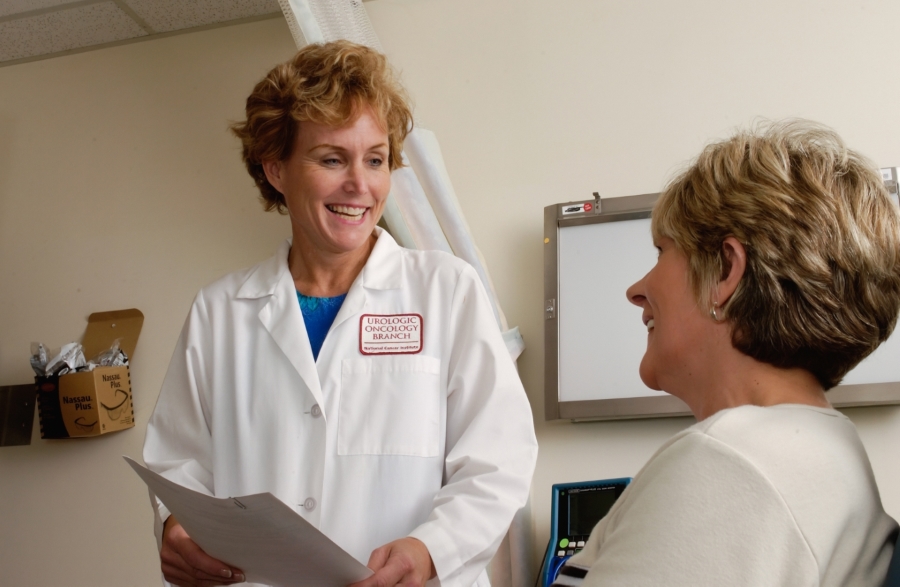
For today’s article, we’ve talked to some of our wellness enthusiasts over in Ohio, who shared their thoughts on how to go successfully through rehabilitation. We wanted to dive into this topic for a while now, and took the conversation as a starting point to research more about the process behind choosing a well structured intervention for people who deal with addition and are in need of behavioral changes.
In Ohio, where the struggle with drug addiction is a significant concern, as indicated by the 10.5% of adult residents reporting non-medical drug use in 2021, choosing the right drug rehab center is a pivotal decision. If you or someone close to you are considering drug rehab in Ohio, it’s crucial to select a facility that aligns with your specific needs and can provide a strong foundation for recovery. This article explores the essential aspects when selecting a rehab center in the Eastern Midwest.
Accreditation and Licensing
Accreditation and licensing are the hallmarks of a reliable rehabilitation center. Accredited facilities have been evaluated and meet high standards for care and safety set by healthcare authorities. They undergo regular reviews and must demonstrate a commitment to continuous improvement. On the other hand, licensing is a legal requirement that ensures the facility adheres to state health and safety regulations. Choosing an accredited and licensed rehab center guarantees professionalism and quality of care, which is essential for effective treatment.
Whatever else might be said, this is the first requirement that interested parties must consider before evaluating all other aspects of the clinic.
Qualified and Compassionate Staff

The expertise and demeanor of the staff play a significant role in the recovery process. A center with highly qualified professionals, including doctors, therapists, counselors, and support staff, ensures that you receive expert care. Equally important is their approach to treatment. Staff who are compassionate, understanding, and supportive create a nurturing environment that can greatly enhance the recovery experience. They should be capable of building a rapport with patients, understanding their unique challenges, and offering personalized care.
Professional qualifications ensure that employees have invested in acquiring a certain set of skills, or at the very least match their disposition with the occupational profile.
Individualized Treatment Plans
Addiction is a complex and personal issue, and recovery requires a personalized approach. A top-quality rehab center will offer individualized treatment plans tailored to each patient’s situation. This means considering the nature of the addiction, the length of substance abuse, any co-occurring mental health conditions, and the patient’s personal history. An individualized plan ensures that the treatment addresses all aspects of the patient’s life, enhancing the likelihood of successful recovery.
For best results, our friends emphasized the importance of qualified staff that is able to create tailored treatment plans, and discerned judgments on how to approach each patient individually.
Range of Therapy Options
Diverse therapy options cater to the varied needs and preferences of patients. While traditional therapies like Cognitive Behavioral Therapy (CBT), which have amongst the highest level of empirical support for substance abuse disorders, are fundamental, incorporating other therapeutic modalities can enrich the treatment experience. This could include holistic therapies like yoga or meditation, creative therapies like art and music, or adventure-based therapy. A rehab center that offers a wide range of therapies is better equipped to provide a comprehensive treatment experience that addresses physical, emotional, and psychological needs.
Our friends over at Legacy Healing state, “Our programs include medical detox, residential treatment, partial hospitalization, intensive outpatient, and outpatient programs. Each program is designed to address the physical, emotional, and spiritual aspects of addiction, providing a holistic approach to treatment.”
Family Involvement Programs

Family involvement in the rehab process can be a powerful component of recovery. Family programs facilitate understanding, healing, and support within the family unit. These programs might include family counseling, educational sessions about addiction, and guidance on how to support a loved one during and after treatment. By involving the family, rehab centers can help mend strained relationships and build a strong support system for the patient’s post-rehab life.
The more involvement a treatment plan is able to facilitate the better, of course with certain caveats of setting healthy boundaries and helping patients grow psychologically and emotionally, so that they can really on their own in the future, as they slowly pursue their independence.
Aftercare Support

The transition back to everyday life after rehab can be challenging. Aftercare support plays a critical role in ensuring sustained recovery and preventing relapse. This might include ongoing counseling, support groups, or alumni programs. A rehab center that provides robust aftercare support demonstrates a commitment to its patients’ long-term success, helping them maintain the gains made during treatment and navigate life post-rehab.
Approaches can vary from weekly one-on-one consultation sessions to group sessions, or individual programs consisting of healthy eating, exercise, journaling, and accountability to support partners.
When choosing a rehab center in Ohio, or other parts of the Midwest, it’s important to consider a range of factors, including accreditation, staff quality, personalized treatment, therapy options, family involvement, aftercare, environment, and success stories. These factors collectively contribute to the efficacy of the treatment and overall recovery experience. The right rehab center can provide the necessary tools and support for a successful journey toward healing, wellbeing and sobriety, and a rich and fulfilling life free of addiction.